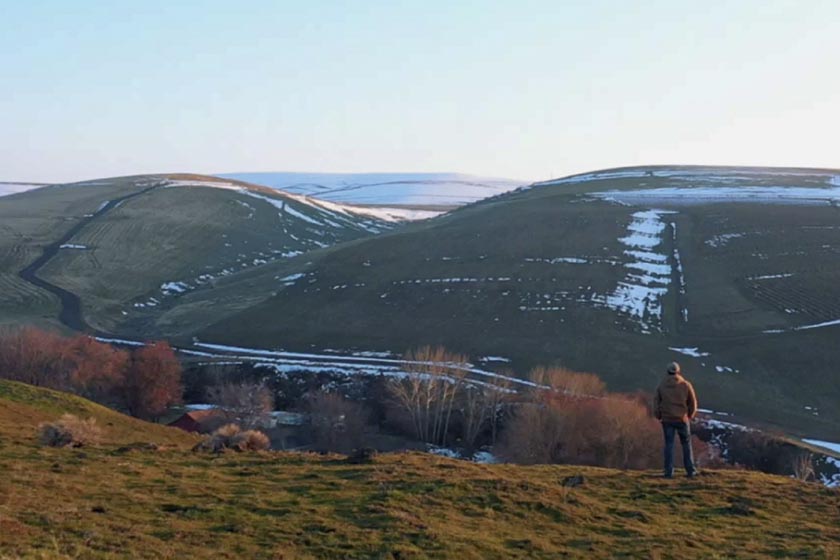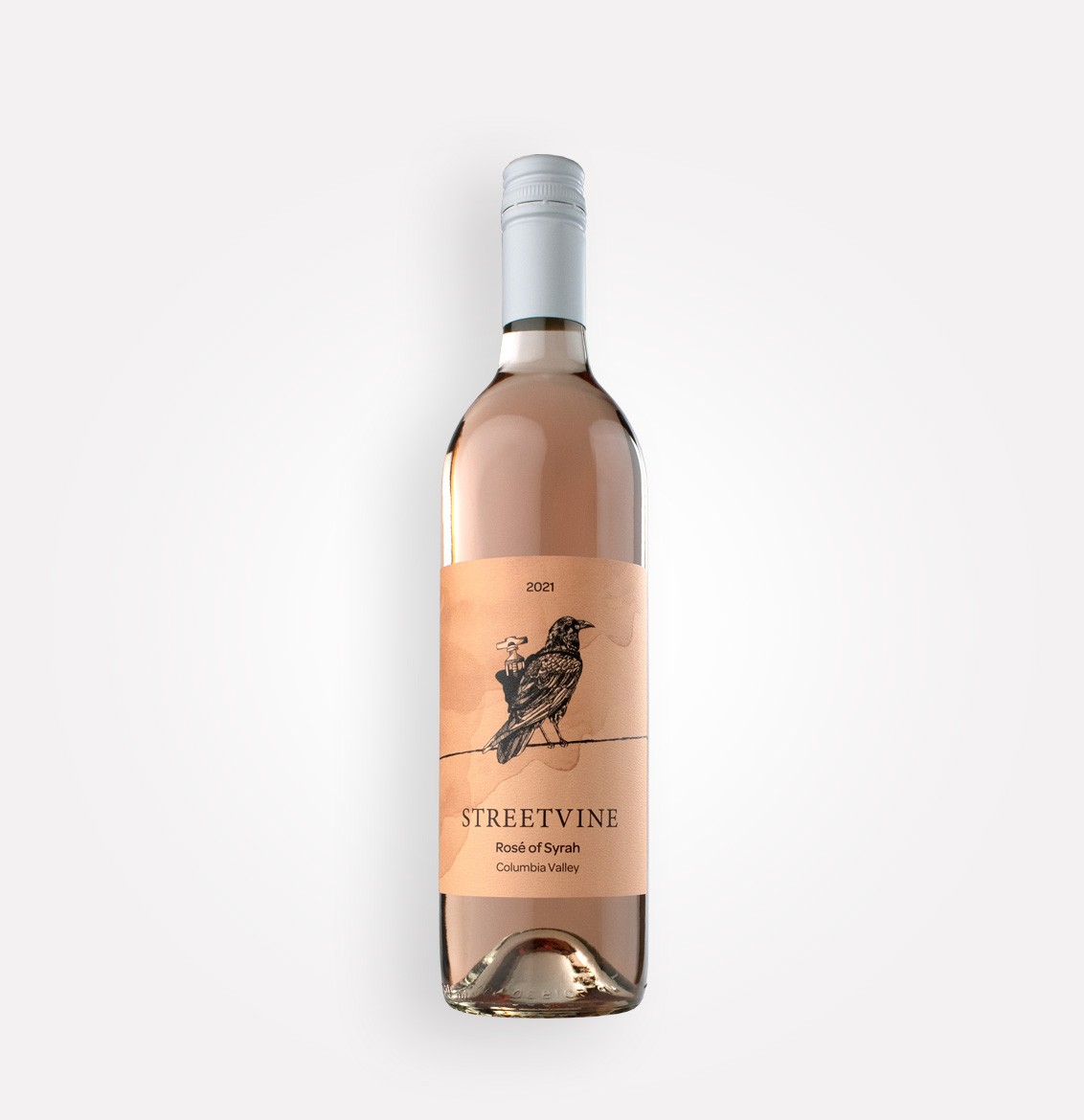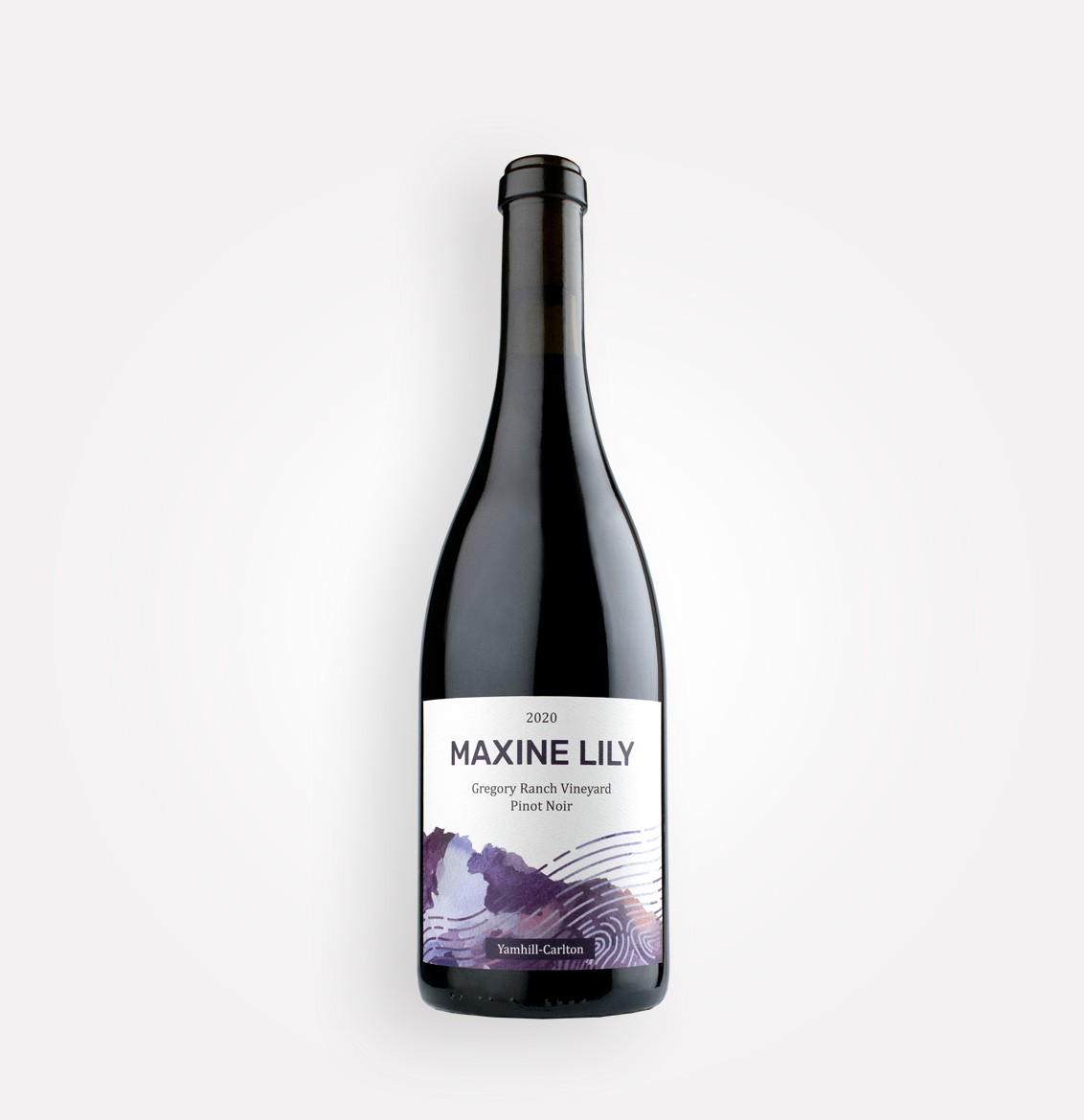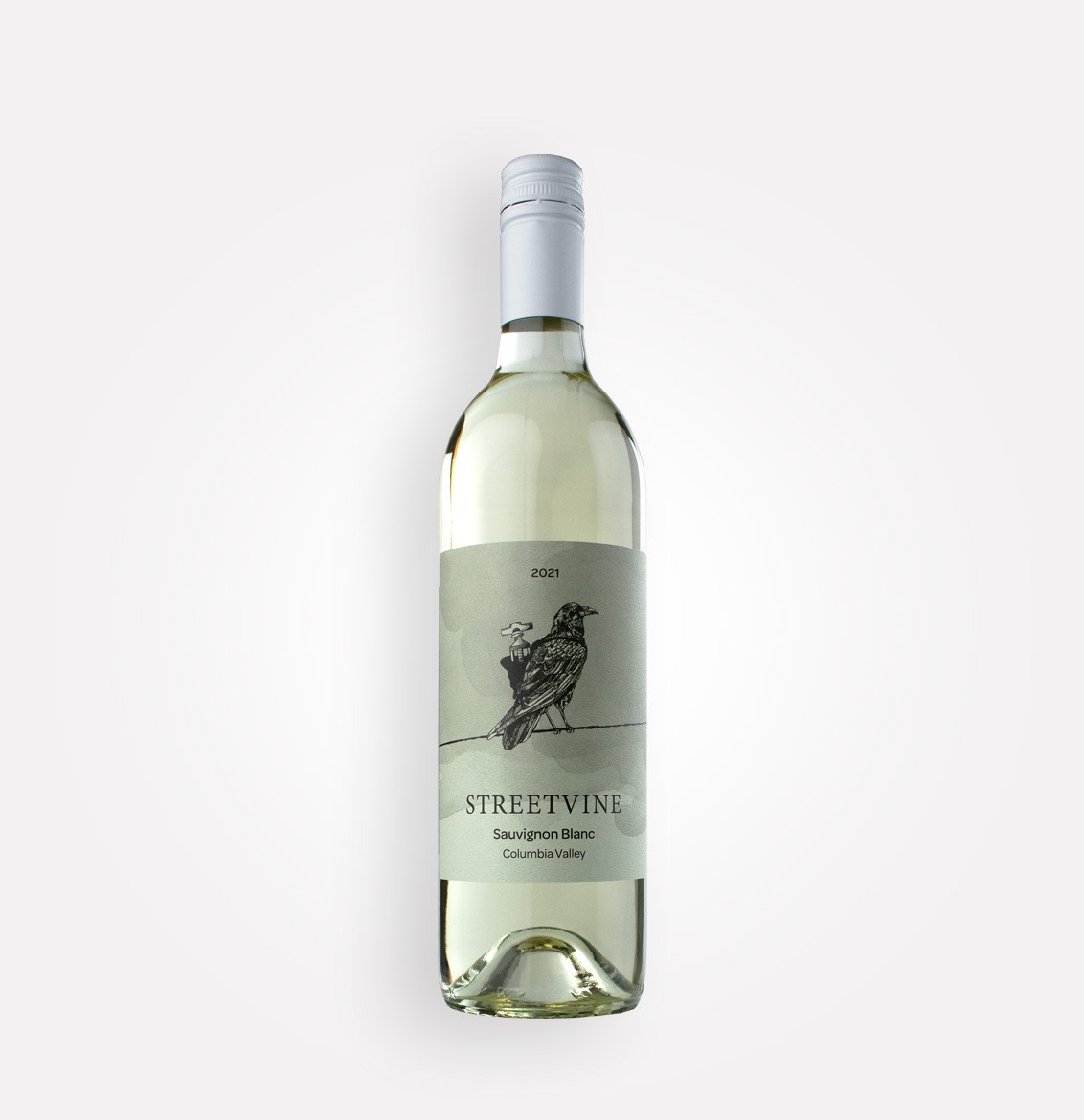Sustainability is careful viticulture and winemaking
At Rising Wines Collective, we seek out and advocate for the small-production winemakers that follow sustainable practices in the vineyard and winery. As the world changes, resource management and sustainability are more important, and there is a role for viticulture and winemaking. The benefits of a sustainable approach are many and begin with the energy and environmental savings from not extracting, processing, and transporting materials and extend to preserving the places that make unique and engaging wines.
Small-production wines and sustainable methods are a natural fit for wine quality
Sustainability encourages activities that preserve vital resources for future generations. In the vineyard, that means caring for the soil, water, and biome itself—elements of terroir. Conservation and preservation of vineyard lands is good environmental stewardship, with the added benefit of a strong correlation to wine quality.
California, Oregon, and, most recently, Washington have established programs to encourage sustainable practices in the vineyard and winery. Transitioning from standard agricultural practices to sustainable practices does not happen in a single season, and these programs help clarify requirements and certify that they are met.
Sustainable practices preserve terroir
Terroir is the natural environment, including soil, topography, and climate, with the people and animals that interact with the vine to give the wine a sense of place. Preservation of those elements at the vineyard level with climate initiatives at a global level ensures a future where people will thrive, and wines will continue to show terroir. Wines with that sense of place are the hallmark of small-production wines we love.
Sustainable vineyard practices include using cover crops with natural mulch, fertilizers, and integrated pest management strategies to reduce synthetic pesticide and fertilizer application. Plants typically do not use all the nitrogen from chemical applications, which can contribute to nutrient imbalances and loss of soil microbe biodiversity. In comparison, cover crops release nitrogen to the soil more slowly and improve soil structure, increasing water holding capacity and overall nutrient balance.
Ironically, great wines are fabled for building their unique character by struggling in poor soils, but soil health is still critical to terroir.
Echolands Winery embraces Washington State’s commitment to sustainability
One of our favorite sustainable wineries is Echolands in Walla Walla, Washington. In 2021, Washington introduced intensive standards for viticulture, water, soil, pest management and for the people who work in the industry. Echolands was ready and is among the first wineries to receive the Sustainable Washington certification for its estate vineyards.
The Echoland’s mission is broad, and they follow Salmon–Safe and–Low Input Viticulture and enology (LIVE) protocols that protect local wildlife. Vineyard water management is important everywhere; however, the fact that the majority of Washington vineyards are grown in an irrigated desert underscores the critical nature of water as a resource.
Impressive environmental practices also extend to their new solar-powered winery building, designed to minimize water usage and conserve energy, and the use of eco–conscious packaging with sustainable materials.
To some, the need for sustainable practices in wineries and elsewhere may seem like a trend or fad that will pass, when in reality, it’s a movement for responsible citizenship whose roots go back 50 years. Echolands shows how innovation can lead to great wine and a great winery experience while committing to sustainable practices like supporting soil health and reducing the weight and energy footprint of the bottle shipped to your house.
Photo curtesy of Echolands Winery




